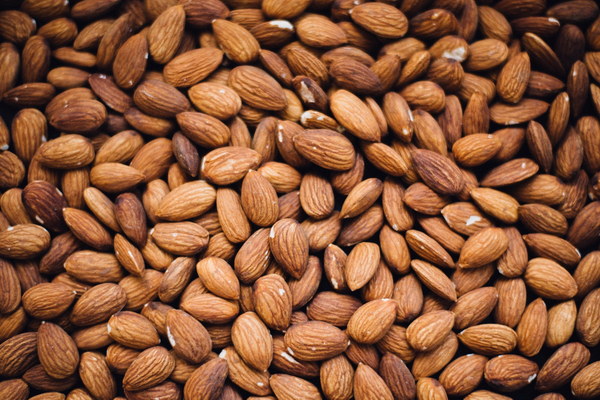Does Lung-Cleansing Tea Harm the Kidneys A Comprehensive Guide
Introduction:
In recent years, lung-cleansing tea has gained popularity as a natural remedy for improving respiratory health. However, some people worry that consuming this tea may have adverse effects on their kidneys. In this article, we will explore the potential risks and benefits of lung-cleansing tea on kidney health and provide a comprehensive guide to help you make an informed decision.
1. Understanding Lung-Cleansing Tea
Lung-cleansing tea is a herbal concoction that typically contains ingredients such as mulberry leaves, goji berries, and other natural herbs. These ingredients are believed to have properties that help clear mucus, improve lung function, and boost overall respiratory health.
2. Potential Risks of Lung-Cleansing Tea on Kidneys
While lung-cleansing tea offers numerous health benefits, it is important to consider the potential risks it may pose to kidney health. Here are some factors that may increase the risk of kidney damage:
a. High levels of oxalate: Some lung-cleansing teas contain high levels of oxalate, a substance that can contribute to kidney stones. If you have a history of kidney stones or are at risk, consuming high-oxalate teas may not be advisable.
b. Diuretic effects: Lung-cleansing tea may act as a diuretic, increasing urine production and potentially leading to dehydration if not properly hydrated. Dehydration can strain the kidneys and may worsen kidney conditions.
c. Allergic reactions: Some individuals may experience allergic reactions to certain herbs found in lung-cleansing tea, which can lead to kidney inflammation or damage.
3. Benefits of Lung-Cleansing Tea on Kidneys
Despite the potential risks, lung-cleansing tea can also offer benefits to kidney health:
a. Antioxidant properties: The antioxidants present in lung-cleansing tea can help reduce oxidative stress and inflammation in the kidneys, which may be beneficial for individuals with chronic kidney diseases.
b. Detoxification: By promoting the elimination of waste products and toxins from the body, lung-cleansing tea can aid in maintaining kidney function.
c. Improved overall health: Lung-cleansing tea may improve overall health, which can indirectly benefit kidney function. By supporting respiratory health, the body's immune system can be strengthened, potentially reducing the risk of kidney infections.
4. How to Safely Consume Lung-Cleansing Tea

To minimize the risk of kidney damage while enjoying the benefits of lung-cleansing tea, consider the following tips:
a. Consult a healthcare professional: Before starting any new herbal remedy, it is essential to consult with a healthcare professional, especially if you have existing kidney conditions or are taking other medications.
b. Choose low-oxalate teas: Opt for lung-cleansing teas with low levels of oxalate to reduce the risk of kidney stones.
c. Stay hydrated: Ensure you are drinking enough water throughout the day to counteract the diuretic effects of lung-cleansing tea.
d. Limit consumption: Moderate your intake of lung-cleansing tea to avoid potential kidney damage. Follow the recommended dosage and avoid excessive consumption.
Conclusion:
While lung-cleansing tea can offer numerous health benefits, it is important to be aware of the potential risks it may pose to kidney health. By consulting a healthcare professional, choosing low-oxalate teas, staying hydrated, and limiting consumption, you can safely enjoy the benefits of lung-cleansing tea while minimizing the risk of kidney damage.









